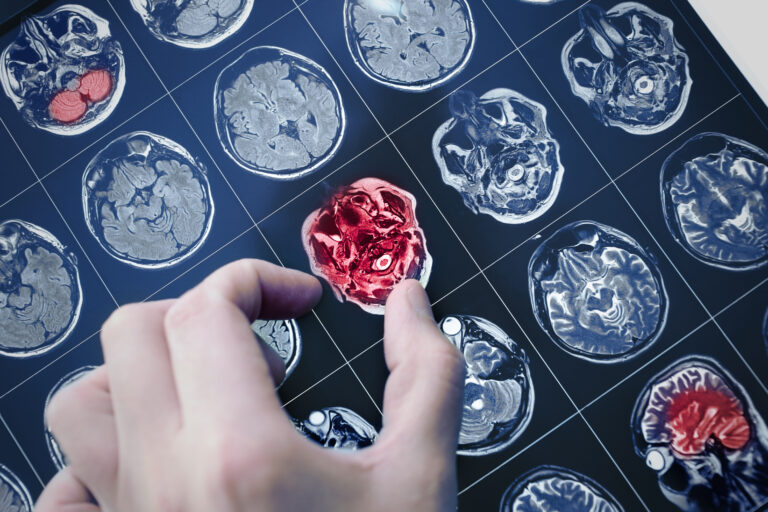Creatine supplementation appears to be generally safe for older adults, including those with dementia, and may offer some benefits related to muscle strength and cognitive function. However, the evidence is still emerging, and caution is warranted, especially in individuals with pre-existing kidney or liver conditions.
Creatine is a naturally occurring compound that plays a key role in energy metabolism, particularly in muscle and brain cells. It helps regenerate ATP, the primary energy currency in cells, which is crucial for maintaining muscle function and brain activity. In older adults with dementia, such as Alzheimer’s disease, muscle weakness and cognitive decline are common challenges. Recent research has explored whether creatine supplementation can help mitigate these issues.
A pilot clinical trial involving 20 patients with probable Alzheimer’s disease showed that taking 20 grams of creatine monohydrate daily for eight weeks led to a significant increase in handgrip strength, improving by an average of 1.9 kilograms (4.2 pounds) of force. This is important because handgrip strength is linked to better quality of life and lower mortality risk. However, the same study did not find improvements in leg strength. Additionally, the trial reported improvements in some cognitive measures, including total cognition, fluid cognition, working memory, and oral reading comprehension, suggesting potential brain benefits from creatine supplementation in dementia patients[1][2].
The safety profile of creatine in older adults is generally favorable. Creatine has been extensively studied in various populations, including athletes and older adults, with few serious adverse effects reported. The main concern is related to kidney function, as creatine is metabolized to creatinine, which is cleared by the kidneys. Individuals with pre-existing kidney or liver disease should consult healthcare providers before starting creatine supplementation, as impaired organ function could increase risks[2].
Beyond muscle strength, creatine may support brain energetics. The brain requires a constant supply of energy, and neurodegenerative diseases like Alzheimer’s can impair energy metabolism. Some preclinical and small clinical studies suggest creatine might help buffer brain energy deficits, potentially slowing neurodegeneration or improving cognitive function. However, large randomized controlled trials have not consistently demonstrated neuroprotective effects in diseases such as Parkinson’s or Huntington’s disease, indicating that more research is needed to confirm these benefits in dementia[2][3].
In terms of dosage, studies in dementia patients have used relatively high doses of 20 grams per day for short periods (e.g., eight weeks). This is higher than typical doses used for general muscle health (often 3-5 grams daily). High doses are usually given initially to saturate muscle and brain creatine stores, followed by maintenance doses. The optimal dosing regimen for older adults with dementia remains to be established, and long-term safety data are limited[1][2][6].
It is important to note that while creatine shows promise, it is not currently recommended as a specific treatment or preventive measure for dementia by clinical guidelines. The evidence base is still preliminary, and creatine should not replace standard medical care or other lifestyle interventions known to support brain health, such as physical exercise, balanced nutrition, social engagement, and management of cardiovascular risk factors[4][5].
In summary, creatine supplementation in older adults with dementia appears to be safe for most individuals without kidney or liver disease and may improve muscle strength and some aspects of cognition. However, the evidence is limited and not definitive. Anyone considering creatine should consult their healthcare provider to weigh potential benefits and risks, especially given the complexity of dementia and the need for individualized care.
Sources:
[1] NMN.com, “Creatine: A Potential Aid for Muscle Health in Alzheimer’s,” 2025
[2] Health.mil, “Information Paper on Creatine and TBI,” July 2025
[3] ParentData.org, “Should You Be Taking Creatine?”
[4] Dr.Oracle.ai, “Does Taking Creatine Prevent Dementia?”
[5] Nature.com, “Can Diet and Exercise Really Prevent Alzheimer’s?”
[6] Dr.Oracle.ai, “Daily Dosage of Creatine Supplementation for Prevention of Cognitive Decline”





